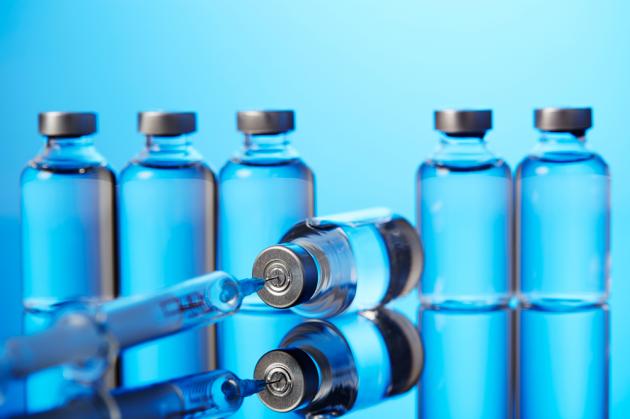Biosimilar uptake in the Korean market has been dismal, according to data at IMS Health.
With many biologic products falling off the patent cliff by 2022, the global biosimilar market is expected to see explosive growth, reaching $445 billion by 2019, according to a Deloitte report.
But the number of biosimilar prescriptions in Korea tells a different story.

Pfizer’s biologic Enbrel recorded roughly $7.9 million in the first half of 2017 while its biosimilar Brenzys reached around $350,000 during the same period in the Korean market, according to IMS Health data.
Samsung Bioepis launched Brenzys (ingredient: etanercept) two years ago in Korea as a copycat version of Pfizer’s Enbrel.
In Korea, rumors have been circulating that the supposed fallout between Samsung Bioepis and MSD Korea over the sale of Samsung’s biosimilar Brenzys was due to lackluster sales. Samsung Bioepis denied the rumors, saying nothing has been decided at the corporate level.
■ Related : MSD dissolves promotion team for Samsung Bioepis’ biosimilars
The lackluster sales originate in part from clinicians’ wariness of biosimilar products. Local physicians have reportedly preferred the original over the biosimilar since governmental price controls eliminate significant price difference between the two types of drugs.
Biosimilar products are often cheaper than the original, which serves as a critical advantage in foreign markets.
Also called into question is the effectiveness of biosimilar medicines. Biosimilar drugs are copies of biologic ones. Both are made of living cells instead of chemicals. Because they are made from cells, biosimilar cannot be exact replicates of the original, unlike the relationship between generics and brand name chemical drugs.
Likewise in the U.S., local clinicians have also demonstrated hesitancy in choosing biosimilars of Remicade, citing wariness of switching patients to a similar medicine, but not a replica, of the original drug.
On Thursday, Pfizer sued Johnson & Johnson for allegedly blocking the sales of Remicade’s biosimilar Inflectra. J&J had reportedly signed “exclusionary contracts” with health insurers to ensure its biologic Remicade gets first to pick. The antitrust lawsuit also states J&J threatened to withhold significant rebates and offered discounts on Remicade prices to insurers for not buying biosimilar products such as Inflectra.
Local clinicians have also been found to prefer Remicade over biosimilars, according to Johnson and Johnson.
The situation is completely different in the European market, however, with biosimilar prescriptions reflecting significant uptake in the market.
According to Biogen – the distributor of Samsung’s Brenzys (sold as Benepali in Europe) – sales of the biosimilar recorded around $100 million last year, showing explosive growth in the fourth quarter. Benepali was approved by the European regulatory body last January.
Amgen, on the other hand, said the sales of the original Enbrel fell 15 percent due to increased competition, according to MarketWatch.

